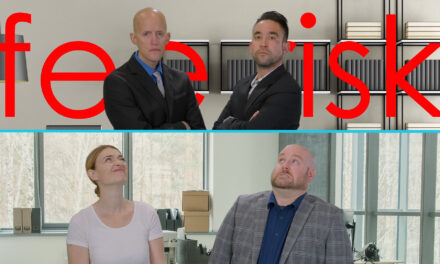Saterbak v. JPMorgan Chase Bank, N.A.
Facts: A homeowner obtains a mortgage from a lender secured by a trust deed on the property. The lender assigns the trust deed to a trust owned by a successor mortgage holder via a pooling and servicing agreement (PSA). The PSA mandates all mortgages need to be transferred to the trust on or before its closing date; however, the trust deed is assigned four years after the closing date of the trust. The successor mortgage holder then substitutes the trustee. The homeowner defaults on the mortgage and the substituted trustee records a notice of default (NOD). The owner fails to cure the default and the substituted trustee records a notice of trustee’s sale (NOTS).
Claim: The homeowner seeks to preempt the foreclosure sale and quiet title to the property, claiming the assignment of the trust deed to the successor mortgage holder is void and thus the assignment to the substituted trustee is void as well since the assignment to the successor mortgage holder occurred after the closing date of the successor mortgage holder’s trust.
Counterclaim: The successor mortgage holder claims the details of the assignment are immaterial to the homeowner’s obligations as a borrower and the homeowner cannot challenge the assignment since they are an unrelated third party and unaffected by any procedural deficiencies concerning the assignment.
Holding: A California court of appeals holds the homeowner may not challenge the assignment of the trust deed and the assignment itself is not void but merely voidable since challenges to defects in the assignment of a trust deed are only allowed in cases of wrongful foreclosure and the assignment to a closed trust is only voidable by the mortgage holder. [Saterbak v. JPMorgan Chase Bank, N.A. (March 16, 2016) __CA4th__]
Editor’s note — The California Supreme Court recently decided in Yvanova v. New Century Mortgage Corporation (February 18, 2016) third-party borrowers may only challenge the assignment of the trust deed in a wrongful foreclosure action and the standing to challenge exists only when the assignment is void. This case concerns a pre-foreclosure challenge to the trustee’s ability to foreclose. Further, the defect in the assignment of the deed of trust renders the assignment voidable by the mortgage holder. For both these reasons, the homeowner lacks standing to challenge the assignment of the deed of trust.
The California Supreme Court has recently taken up in Keshtgar v. U.S. Bank, N.A. the issue of whether a borrower has standing to challenge the assignment of the trust deed in a pre-foreclosure suit.















The conduct of the Banks & Loan Servicers is blatant fraud and forgeries. Homeowners are getting hosed by the “Justice” system as well.
Saterbak appears to be decided incorrectly, at least partly. Yvanova expressly excluded challenges prior to commencement of foreclosure, which is likely to be defined as filing of the NOD, which was present here. So this was not prememptive, as the injury had already attached, with the NOD/NOTS.